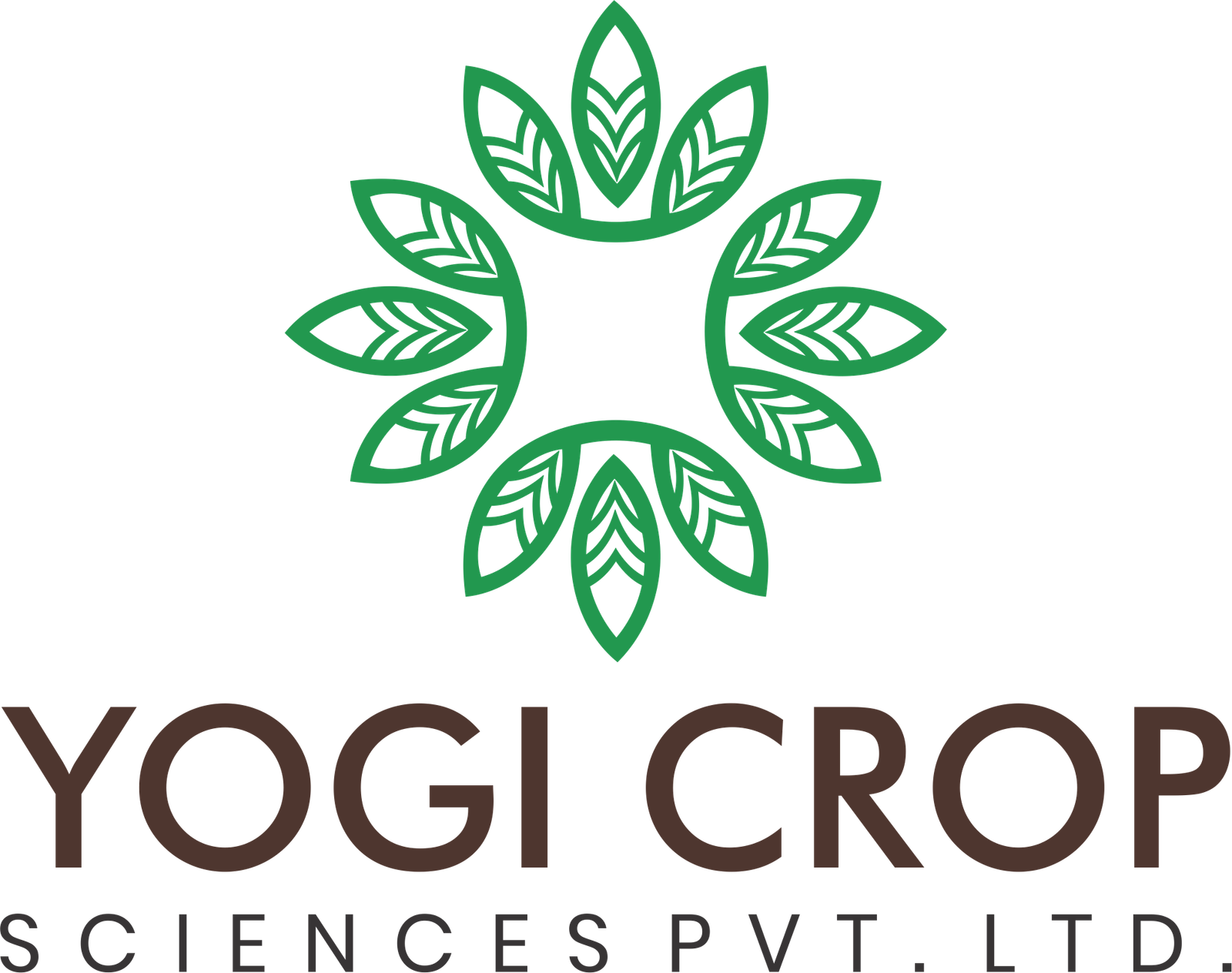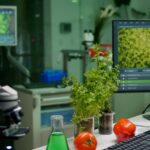Sustainable Agriculture: Role of Warehousing & Logistics
As the global population grows, ensuring food security while minimizing environmental impact has become a pressing concern. Sustainable agriculture is key to addressing these challenges, and efficient warehousing and logistics management play a crucial role in reducing post-harvest losses and promoting eco-friendly practices.
The Importance of Efficient Warehousing
Proper storage and transportation of agricultural produce are essential to maintaining quality and nutritional value. Advanced technologies like automation, IoT, blockchain, and green energy solutions can significantly enhance warehouse management, reducing waste and improving resource utilization.
Innovative Solutions for Sustainable Agriculture
- Automation: Streamlines processes, reduces labor costs, and improves efficiency.
- IoT: Enables real-time monitoring of storage conditions, ensuring optimal produce quality.
- Blockchain: Enhances transparency and traceability, building trust throughout the supply chain.
- Green Energy: Reduces carbon footprint and promotes eco-friendly practices.
Recommendations for a Sustainable Future
To build resilient agricultural systems, policymakers and practitioners should:
- Invest in infrastructure and technology.
- Promote sustainable practices throughout the supply chain.
- Support training and capacity-building programs.
By embracing efficient warehousing and logistics management, we can reduce waste, promote eco-friendly practices, and ensure a more sustainable food system for future generations.
Expanding the Vision of Sustainable Agriculture
While efficient warehousing and logistics form a crucial part of the journey, sustainability in agriculture is a much broader concept that connects farmers, businesses, policymakers, and consumers. It focuses on producing enough food to meet the growing global demand while ensuring that natural resources are preserved for future generations.
By adopting eco-friendly farming practices, farmers can improve soil health, conserve water, and reduce dependency on harmful chemicals. However, without strong warehousing and logistics systems, the benefits of sustainable farming may be lost to spoilage, poor storage, or inefficient transportation. This is why both modern cultivation methods and supply chain systems must work together to create a truly resilient and sustainable future.
Encouraging local partnerships, farmer cooperatives, and digital traceability systems can further enhance this vision. When all stakeholders work collectively, the agricultural ecosystem becomes stronger, fairer, and more environmentally responsible.
Role of Sustainable Agriculture in Food Security
Food security depends not just on how much food is grown but also on how effectively it reaches consumers. According to global studies, nearly one-third of all food produced is wasted each year, often due to poor handling and storage. By aligning warehousing strategies with sustainable farming principles, we can significantly cut down on food waste and make more nutritious food available to everyone.
This approach ensures that the efforts of farmers don’t go to waste and that consumers receive fresh, high-quality produce at affordable prices. It also supports the development of rural economies, creating job opportunities in logistics, packaging, and storage.
Sustainable farming emphasizes the use of eco-friendly technologies, renewable energy, and reduced emissions. When warehousing integrates these same principles, the overall supply chain becomes more resilient, efficient, and climate-friendly.
Building a Green Supply Chain
Creating a greener food supply chain requires collaboration among farmers, businesses, and governments. Some steps that can further strengthen the link between warehousing and sustainable agriculture include:
Developing renewable energy-powered warehouses to reduce carbon emissions.
Expanding cold chain infrastructure in rural areas to support farmers.
Encouraging eco-friendly packaging to minimize plastic waste.
Integrating digital platforms for better transparency and traceability.
These measures ensure that sustainability is not limited to farms but flows throughout the entire journey of food — from production to consumption.
Looking Ahead
The future of global food systems depends on our ability to combine technology, innovation, and eco-conscious practices. Sustainable agriculture will only succeed if every stage — from soil to storage to supermarket — is managed responsibly. By strengthening warehousing and logistics, we not only preserve the quality of food but also create a system that is fair, efficient, and environmentally sound.
Together, sustainable farming and modern supply chain management can transform agriculture into a truly green and resilient sector that nourishes both people and the planet.







